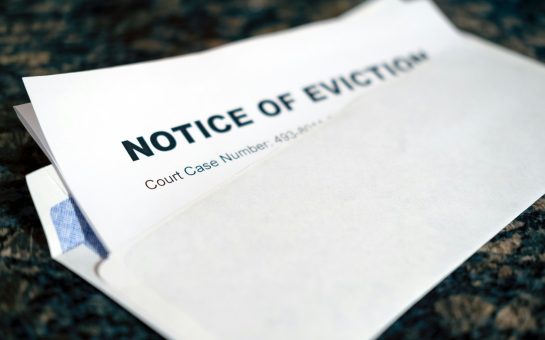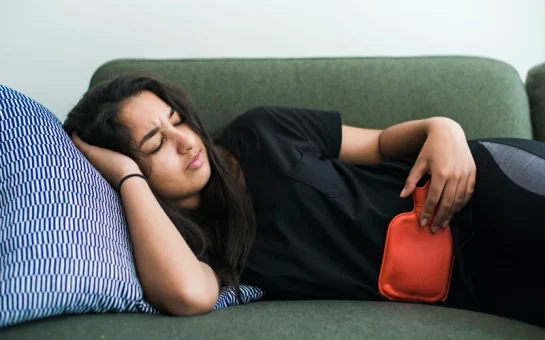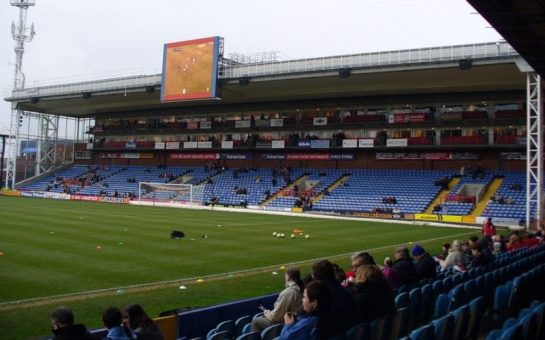Rachel Steinberg
July 15 2020, 23.00
Follow @SW_Londoner
Beth Collier was leading a nature walk when a white man approached, barged into the conversation and repeated everything she’d said to her group mere minutes before.
“He just kept talking at us,” recalled Beth, an expert in nature-led psychotherapy.
“And when I did finally say, look, we’re a led group…he became very much the victim.
“He just put his hands up in a sort of surrender position, backed away and made this very dramatic sort of ‘sorry, sorry’ gesture.
“The group talked about it for some time afterward, just feeling the anger of that dynamic, of his assumption – his racist assumption – that there wouldn’t be a leader.”
Beth’s walk was part of an immersive programme called Nature Connectors run by Wild in the City, a Croydon-based initiative she founded in 2013.
The six-week course, open to participants from ethnic minority backgrounds, builds community through wildlife identification outings, woodland living sessions, crafting and reflective campfire conversations.
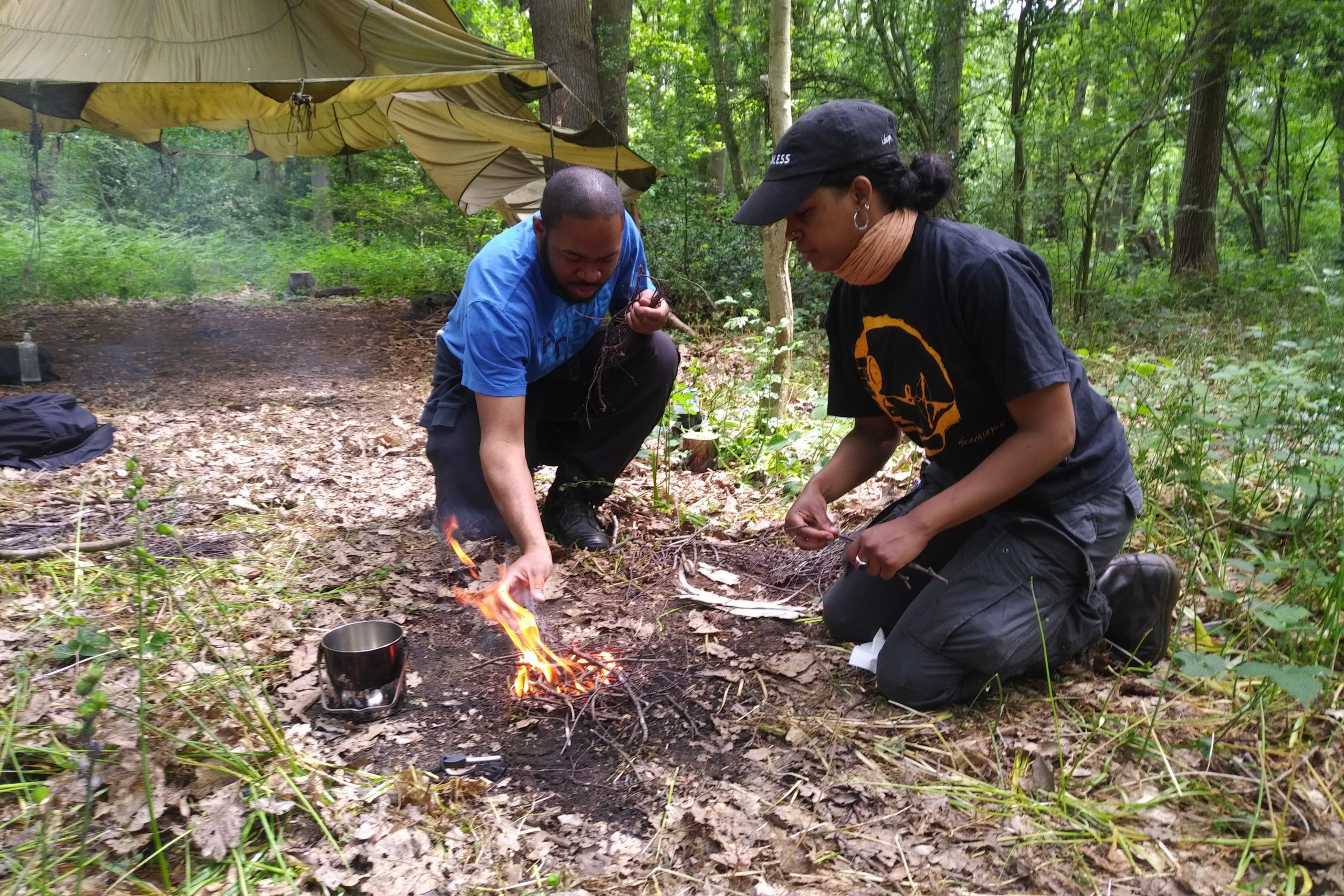
Wild in the City’s activities also include consultancy, day trips, a podcast and a festival.
The organisation wasn’t initially specifically targeted to people of colour.
“But we had a metamorphosis,” said Beth.
“It soon became clear that not everybody wanted to work with a black female-led organisation.
“There are a lot of issues around race within the environmental field, but also the perception of the general public about who’s the leader and who has knowledge.
“And so we realised if we wanted to encourage greater black participation we needed to make black adults feel more comfortable in nature.”
So Beth launched a new yearly programme to train six Nature Connectors graduates as Wild in the City guides.
She said: “Where there are black leaders we often encounter racism about our presence in a space.
“It’s different if we’re there as followers or participants, but I think there’s a lot of pushback to the idea that we have knowledge, and assumptions that if we do have knowledge that there won’t be a depth to our experience and what we can offer.”
A 2016-2017 survey of 2,221 Natural England staff revealed that just 1.81% of the 69% of employees who chose to declare an ethnic background identified as BAME – a decrease from 0.14% the previous year.
White people, at 91.34%, also overwhelmingly comprised the applicant pool to the organisation and accounted for 93.47% of appointments. BAME job-seekers, on the other hand, represented only 5.16% of applicants and 2.37% of appointments.
Beth read comparative religion and social anthropology at the University of Manchester before earning a master’s degree in human rights and psychotherapy. She is currently undertaking an in-depth ethnographic study of the relationship between people of colour and nature in the UK.
She said: “There’s often what I call this palpable hostility for no particular reason.
“I talk about the last bastion and that I think for a lot of people nature is that one space where they don’t have to encounter black others.
“And there’s sort of a resentment that you’re there. But I think there’s also that typical contradiction of appropriating our knowledge, whether it’s traditional indigenous knowledge systems but also a lot of our creativity and ideas.”
According to Natural England, weekly engagement in outdoor activity has increased in the last decade, up from 54% of the country in 2009-2010 to 65% in 2018-2019.
But the results of their latest participation survey also revealed white people are still more likely than other groups to regularly visit nature, with 69% saying they did so at least once a week. Only 42% of BAME people polled said the same.
And while no white people said they were worried about safety, 3% of BAME respondents and 5% of black respondents cited it as the reason they did not spend more time outdoors.
In May, the story of birdwatcher Christian Cooper, a black man, made international headlines. Mr Cooper was enjoying a walk in New York City’s Central Park when he politely asked Amy Cooper (no relation) to abide by the park’s dog leashing rules.
In his now viral video, Ms Cooper, a white woman, calls emergency services and threatens to tell them an African-American man is endangering her life.
Beth said: “On one level you’re shocked and appalled, but on another level you’re not. There is something, if not every day, that’s familiar about that scenario.
“Just feeling paralysed by the self-righteousness of someone to use their power in that way with no regard or empathy for the danger she’s putting Christian in.”
She added: “Knowing that dynamic is played out in a different way of experiencing white violence and hostility whilst being told you’re the problem in the space…it is the hypocrisy and the audacity and the frustration that – not that I need to prove it – but often it is unprovable.
“So many things happen that are hard to recall because they become normalised but also there’s not always something dramatic about them.”
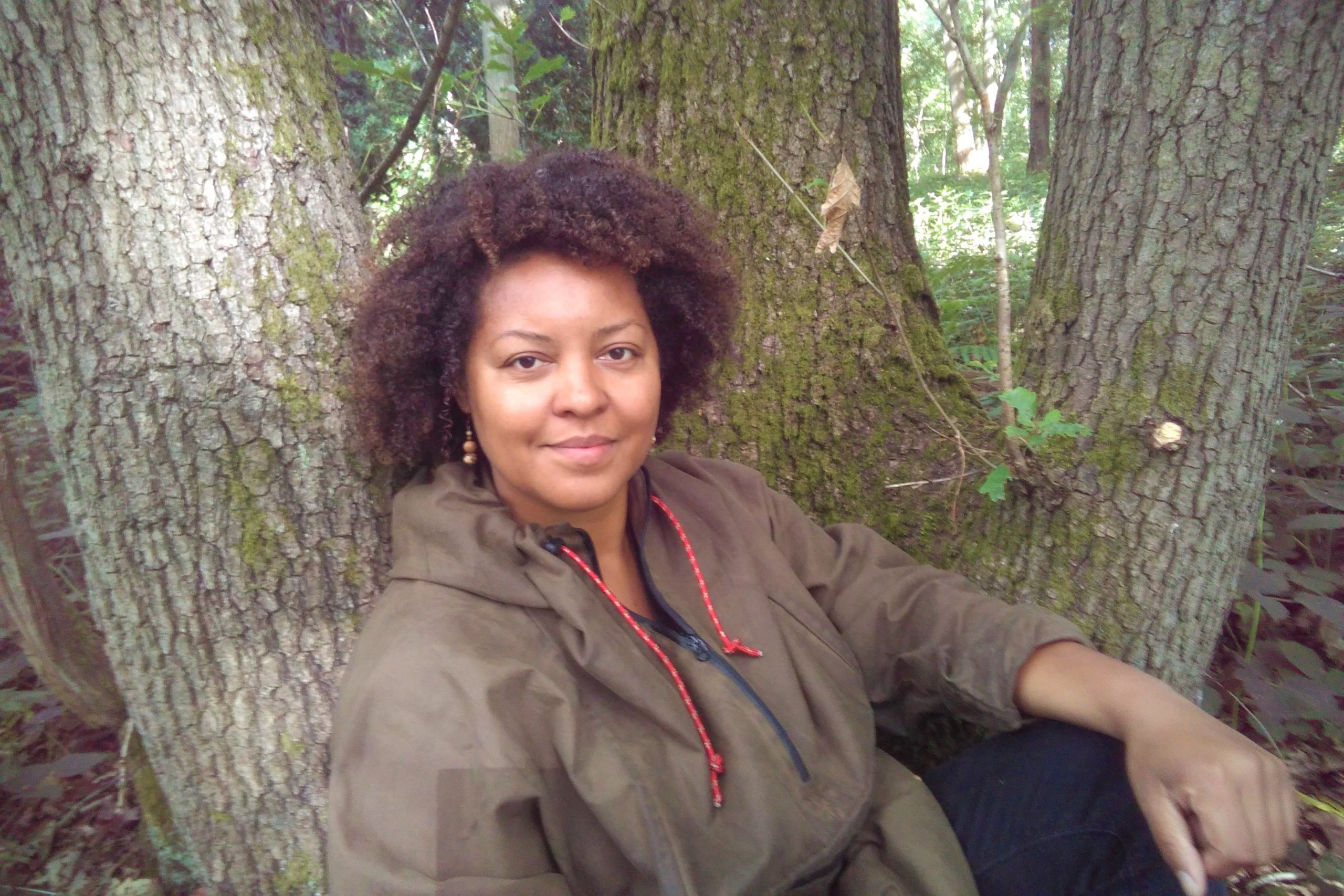
Nature Connectors alumni Daniella Moss, 24, also couldn’t pinpoint a specific reason why she was initially hesitant to explore the outdoors.
The Bromley native said: “I didn’t entirely feel welcome before and I think that was kind of the same as my parents.
“It just felt a bit strange or alien almost, like I wasn’t necessarily supposed to be there, or I didn’t exactly fit in, and there are different levels of that.
“Like going to a regular park, that was OK, but going somewhere further afield like a farm or the woods didn’t really seem like my kind of thing, or like the kind of thing my family would do.”
Participating in Nature Connectors exceeded her expectations.
Daniella said: “Being in a group like that with so many other people of colour and a black leader like Beth who is doing all the teaching things, you just feel you can completely be yourself.
“You don’t have to worry about people’s perceptions if you act a certain way or speak a certain way.”
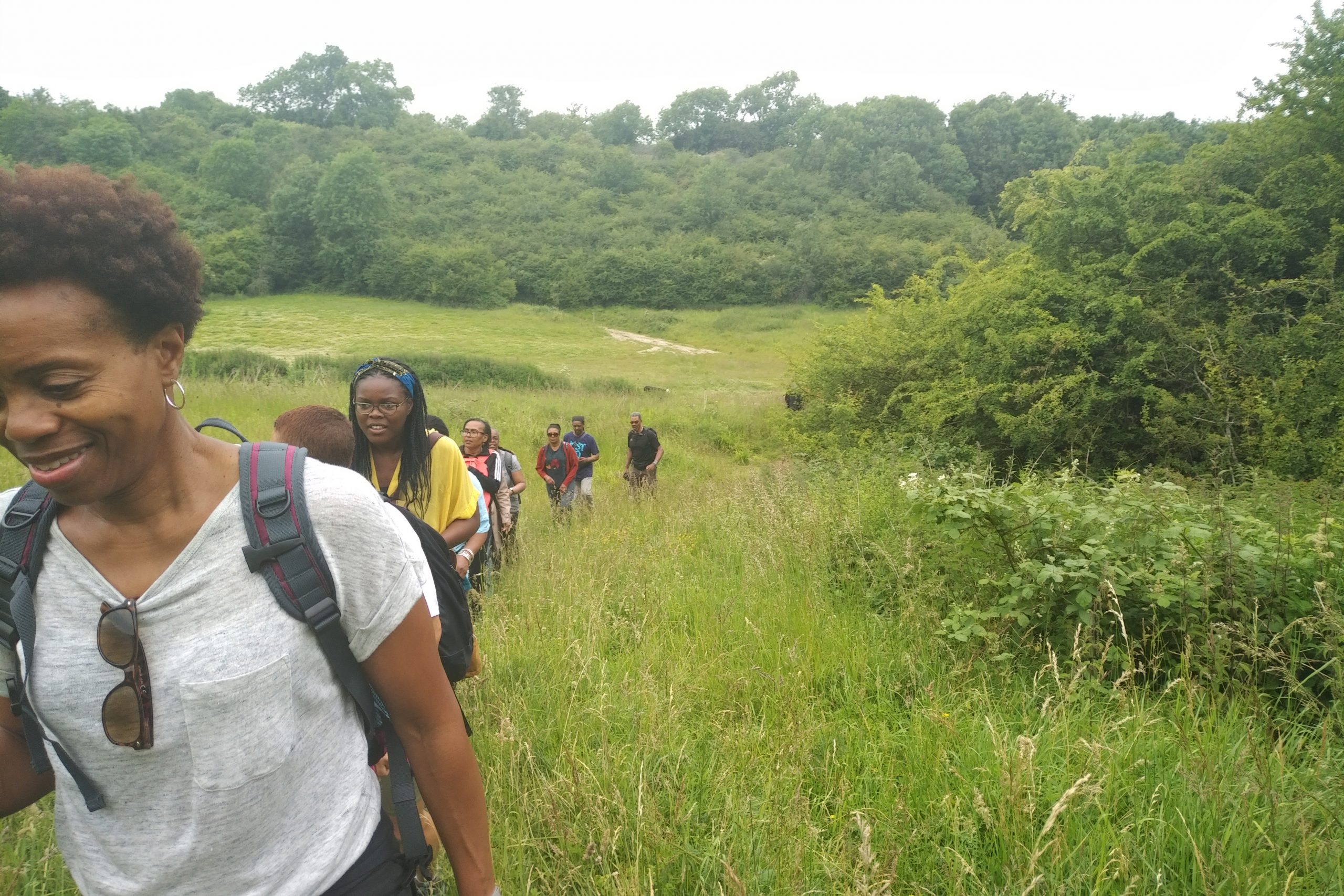
The physician associate now feels comfortable visiting nature – her ‘happy place’ – on her own, and has also brought her family along on walks.
It’s precisely the kind of transformation Beth is hoping to achieve with more participants.
But while Wild in the City receives overwhelming demand for its programmes and Beth would love to expand, the organisation is supported only by a small trust fund contribution.
Despite being embedded within, and extensively researching, community needs, Beth said funding bodies have told her the organisation isn’t sufficiently engaged within the community, and yet larger, funded groups without these community links are being awarded funds and are approaching Wild in the City to work for free or have co-opted her ideas.
“It’s at a crisis point,” she said.
“We’re here, we’re doing the work, and we have potential, the skills and the capacity.
“But what we encounter is a lot of gatekeeping and action which prevents us from getting on with things.
“And then you hear the comments of ‘where are the black voices or leaders?’ and you sort of think, well, we just can’t reach you because we haven’t got the funds or the means to talk about what we’re doing to be more widely heard.
“We just want to be able to get to the work we want to do, talking about how lovely this flower is, but what we end up having to do – 75% if not more of our work – is confronting and challenging racism.
“And that’s not what we set out to do. We want to be talking about wildlife and opening up experiences for people in the natural world.”
Want to join or support Wild in the City? Visit their website for more information about their programmes or contribute to their GoFundMe campaign here.
